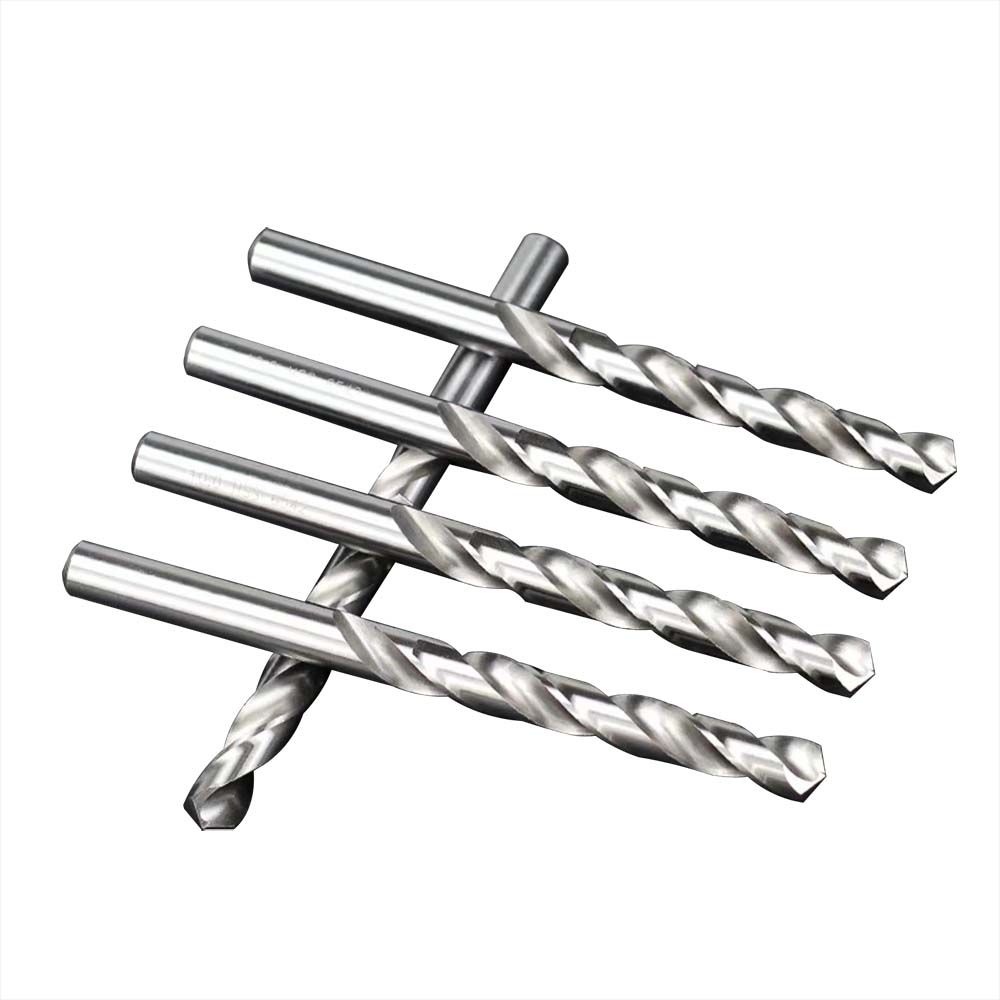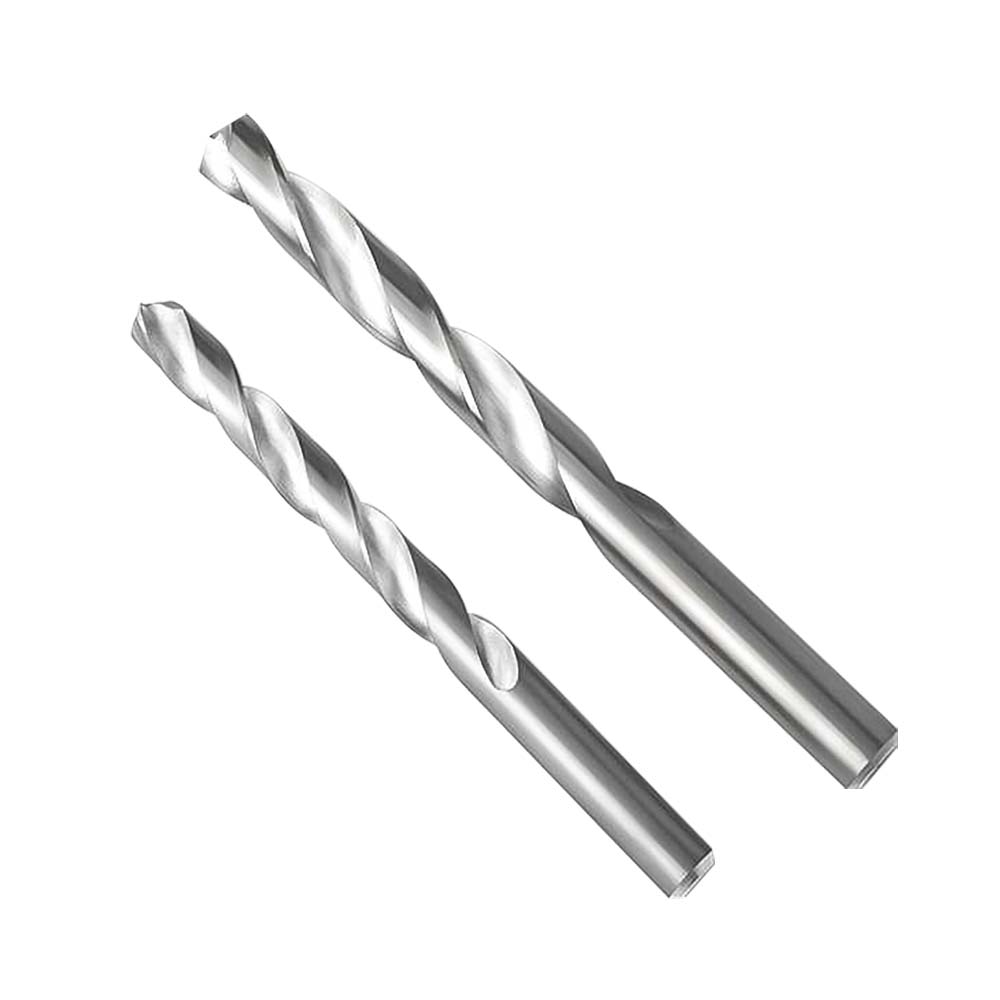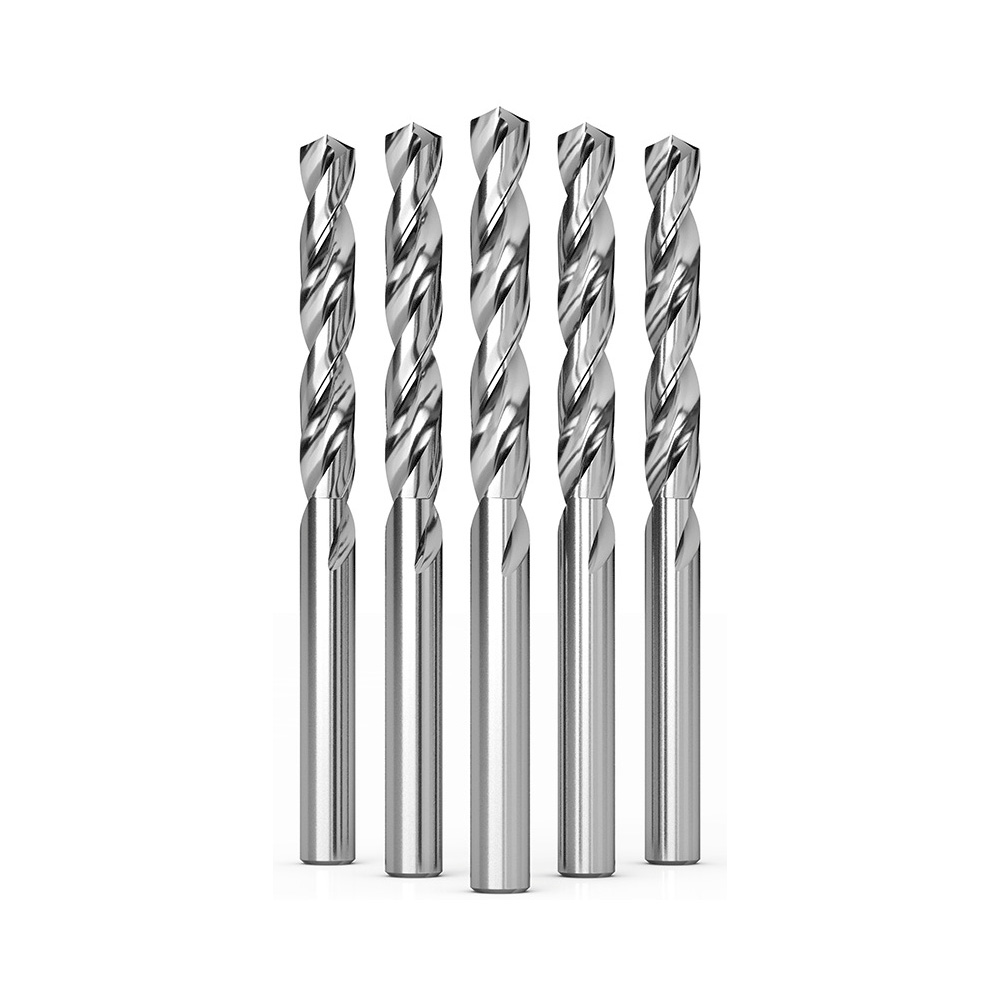DIN338 HSS straight shank drill bits are a versatile and essential tool for drilling a wide range of materials, including aluminum. These drill bits are designed to meet the stringent requirements of the German Institute for Standardization (DIN) and are known for their high-quality construction and precise performance. In this article, we will explore the features, applications, and benefits of DIN338 HSS straight shank drill bits, with a particular focus on their suitability for aluminum drilling.
DIN338 HSS straight shank drill bits are made from high-speed steel (HSS), a type of tool steel known for its hardness, wear resistance, and ability to withstand high temperatures. The straight shank design of these drill bits allows for a secure and stable clamping in a variety of drill rigs, making them suitable for both handheld and fixed drilling applications. It features a straight shank design that is suitable for handheld electric drills or manual operation. The cutting edge of this drill bit is twisted, which can quickly cut through materials and remove chips, improving drilling efficiency.


One of the main features of the DIN338 HSS straight shank drill bit is its precision-ground grooves, which are designed to effectively remove chips and debris from the drilling area, resulting in a smooth, precise hole. The grooves also help reduce friction and heat buildup during the drilling process, which is especially important when working with materials that are prone to wear and sticking, such as aluminum.
DIN338 HSS straight shank drills offer several benefits when drilling aluminum. Aluminum is a soft, lightweight metal that requires a specialized drilling method to achieve clean, precise results. The high-speed steel construction of these drills combined with their sharp cutting edges allows them to effectively penetrate aluminum with minimal effort, reducing the risk of workpiece deformation or damage.
In addition, the groove geometry of DIN338 HSS straight shank drills is optimized for chip evacuation, preventing clogging and ensuring continued and efficient material removal during the drilling process. This is particularly helpful when working with aluminum, as it helps maintain the integrity of the material and prevents burrs or rough edges from forming around the drilled hole.

In addition to their suitability for use with aluminum, DIN338 HSS straight shank drills are versatile enough to be used to drill a variety of other materials, including steel, stainless steel, copper, and plastics. This makes them a valuable and cost-effective tool in workshops, manufacturing facilities, and construction sites, where different drilling requirements exist.
When drilling aluminum with a DIN338 HSS straight shank drill, it is important to consider speed and feed rate to optimize the drilling process. Aluminum can easily stick to the cutting edge of the drill, so using higher speeds and lower feed rates can help prevent this and produce a cleaner hole. In addition, using a lubricant or cutting fluid designed specifically for aluminum can further improve the performance and life of the drill.
Post time: Sep-12-2024


